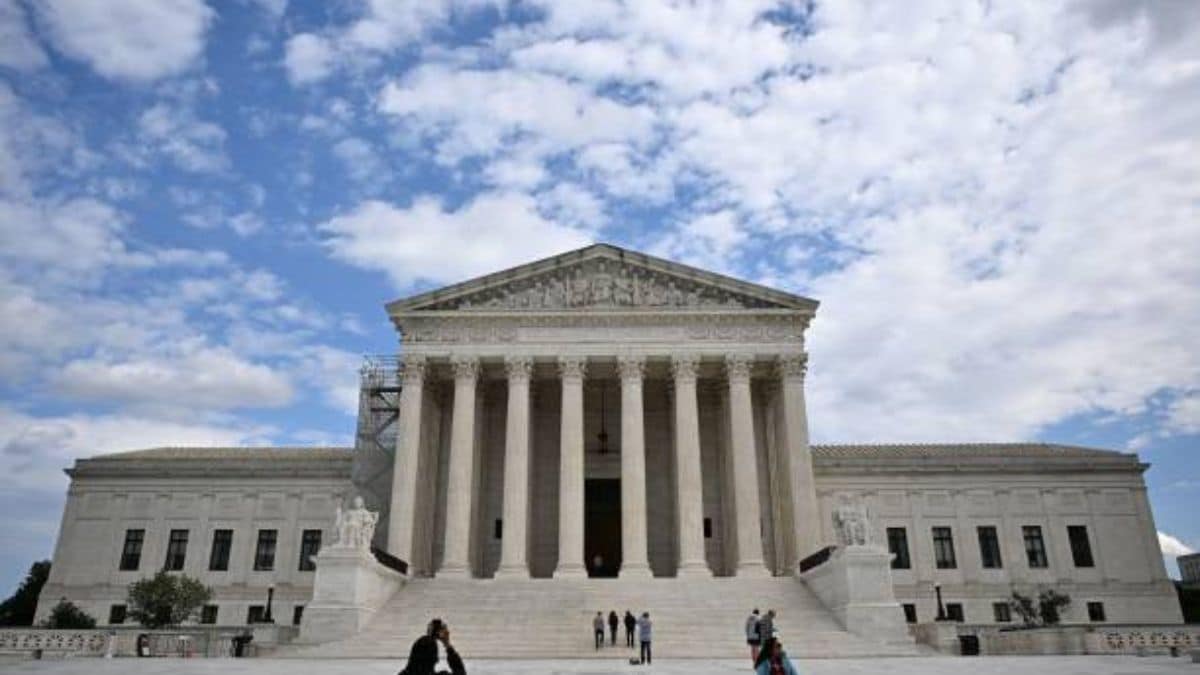In a startling twist of events, President Joe Biden, Dr. Anthony Fauci, and the Democratic party have found themselves at the center of a controversy that has sent shockwaves across the nation. Shocking allegations of collusion with social media giants, most notably Facebook, to stifle discussions on crucial issues surrounding COVID-19 and the Hunter Biden laptop scandal have unleashed a series of repercussions that few anticipated.
The Unprecedented Accusations
The controversy unravels with the startling accusation that Biden and his fellow Democrats actively engaged in suppressing discussions on a range of contentious topics. These topics encompassed the COVID-19 lab leak theory, pandemic-related lockdowns, vaccine side effects, allegations of election fraud, and the contentious Hunter Biden laptop saga. The revelation sent shockwaves through the public sphere, igniting anger and disbelief.
Imposed Restrictions
In the wake of these allegations, the Biden administration faced restrictions on its communication with major social media platforms. A lawsuit was promptly filed, contending that the Democrats’ actions constituted coercion and a severe infringement on the fundamental right of free speech.
A Glimpse of Hope
The narrative took an unexpected turn as the Supreme Court entered the fray. The highest judicial authority in the land delivered a momentous decision, effectively rolling back the restrictions previously imposed. This ruling placed a temporary hold on a preliminary injunction issued by lower courts, shedding light on a coordinated effort by senior Biden officials to suppress unpopular viewpoints on social media.
Also Read: President Biden’s Remarkable Fundraising Success Defies Expectations
Dissenting Opinions
Notably, Justices Alito, Thomas, and Gorsuch voiced their disagreement with the Supreme Court’s decision, articulating deep concerns about government interference in matters of free speech. Their dissent resonated with those who uphold the core principles of democracy.
Justice Alito’s Apprehension
Justice Alito, one of the dissenting voices in this pivotal decision, expressed his apprehension, saying, “At this juncture in our nation’s history, what the Court has done, I fear, will be perceived by some as providing the government with a green light to employ heavy-handed tactics in shaping the presentation of ideas on the medium that increasingly dominates the dissemination of news. This is deeply regrettable.”
In a strongly worded statement, Justice Alito continued, “Government interference with private expression runs counter to our democratic system, and therefore, today’s decision is deeply disconcerting.” These words struck a chord with those who feared the erosion of democratic principles.
The Alleged Coordinated Effort
The crux of this legal battle revolves around the concept of a “coordinated effort.” This alleged endeavor included officials from the White House, the Surgeon General, the U.S. Centers for Disease Control and Prevention, the FBI, and a top U.S. cybersecurity agency. These revelations painted a stark picture of government involvement in stifling open discourse.
The Genesis of the Case
The case itself found its origins in allegations brought forward by Missouri and Louisiana, alongside various private parties. The issue of concrete evidence and proof played a crucial role in the legal proceedings. Justice Alito pointed out, “Instead of offering concrete evidence that ‘harm is imminent,’ the government presents a series of hypothetical statements that a covered official might wish to make in the future and that, it believes, might be chilled. However, hypothetical scenarios are just that—speculation that the government’may’suffer irreparable harm at some point in the future,’ not concrete proof.”
In a nation that highly values freedom of speech and the dissemination of diverse ideas, this legal battle has struck a chord. The implications of these events are profound, underscoring the delicate balance between governmental authority and the sanctity of free expression.
In Conclusion
In a world where information flows freely, the battle to safeguard the right to express one’s opinions without the fear of censorship rages on. This case serves as a poignant reminder that even the most influential institutions must navigate the intricate terrain of democratic values.
